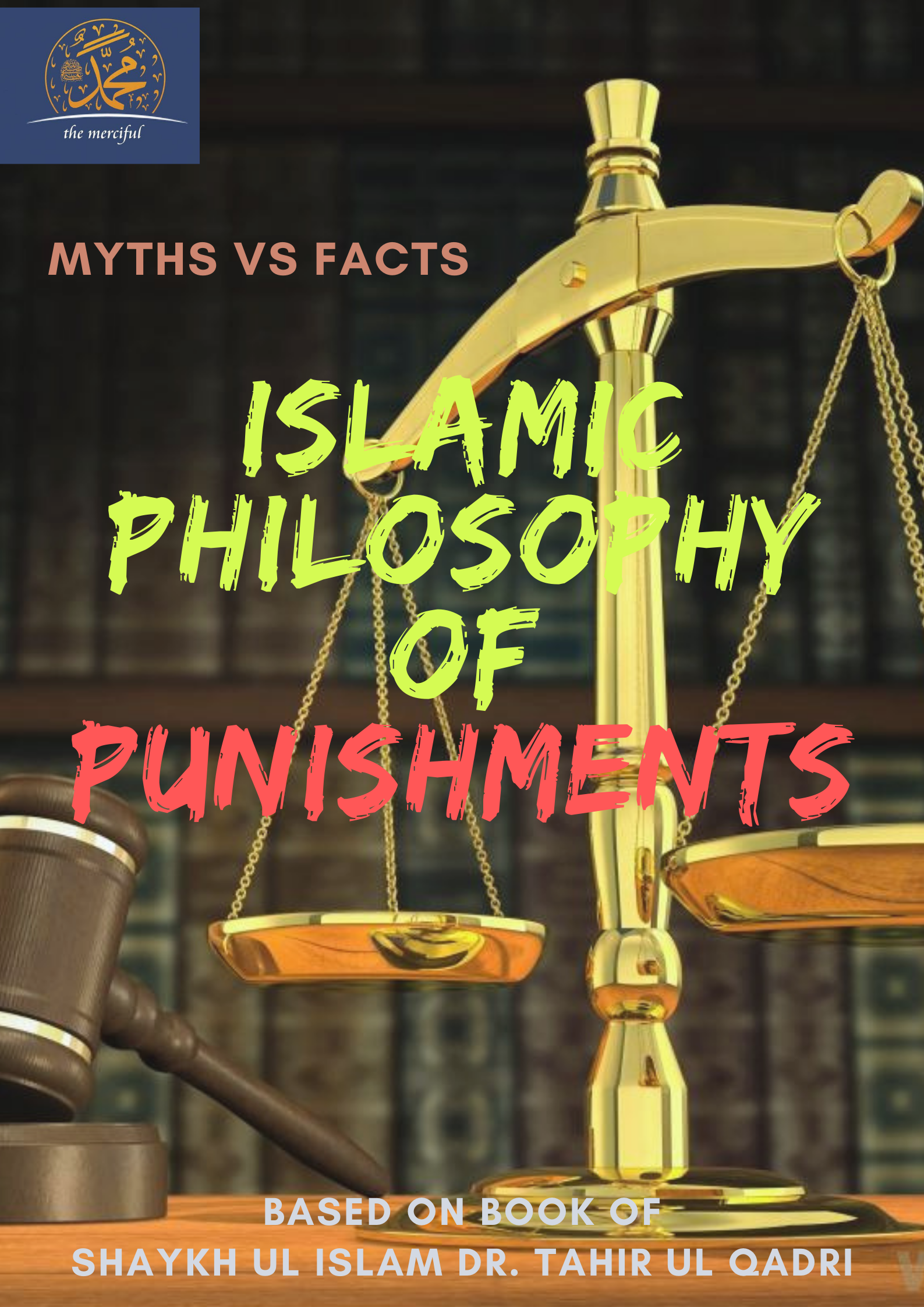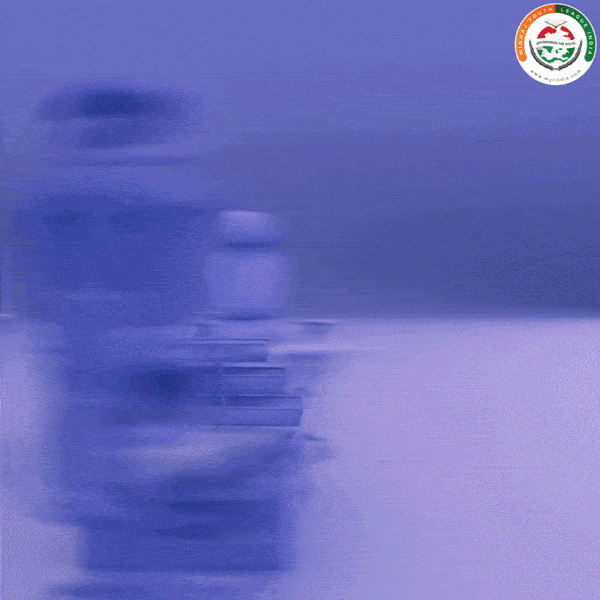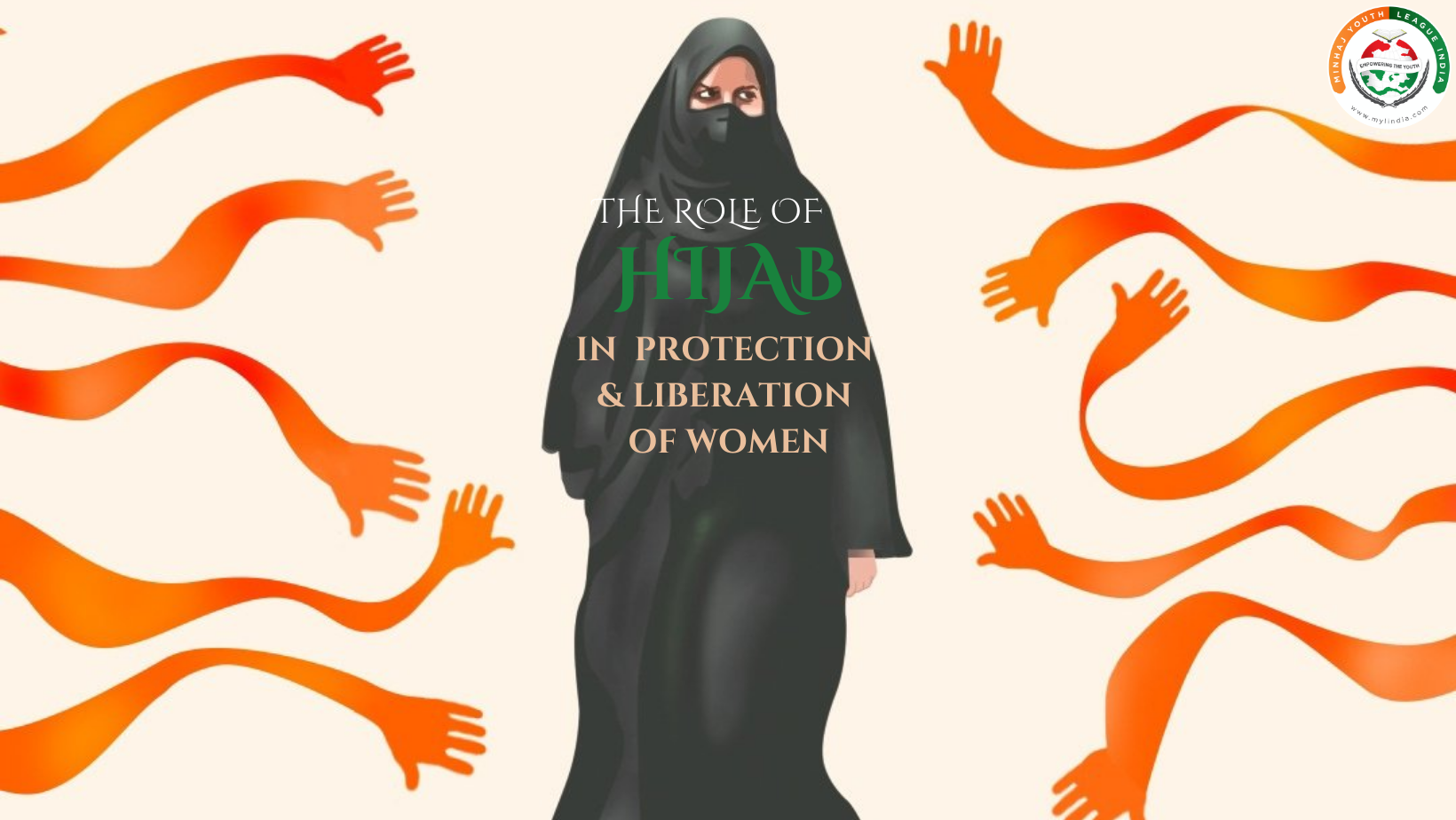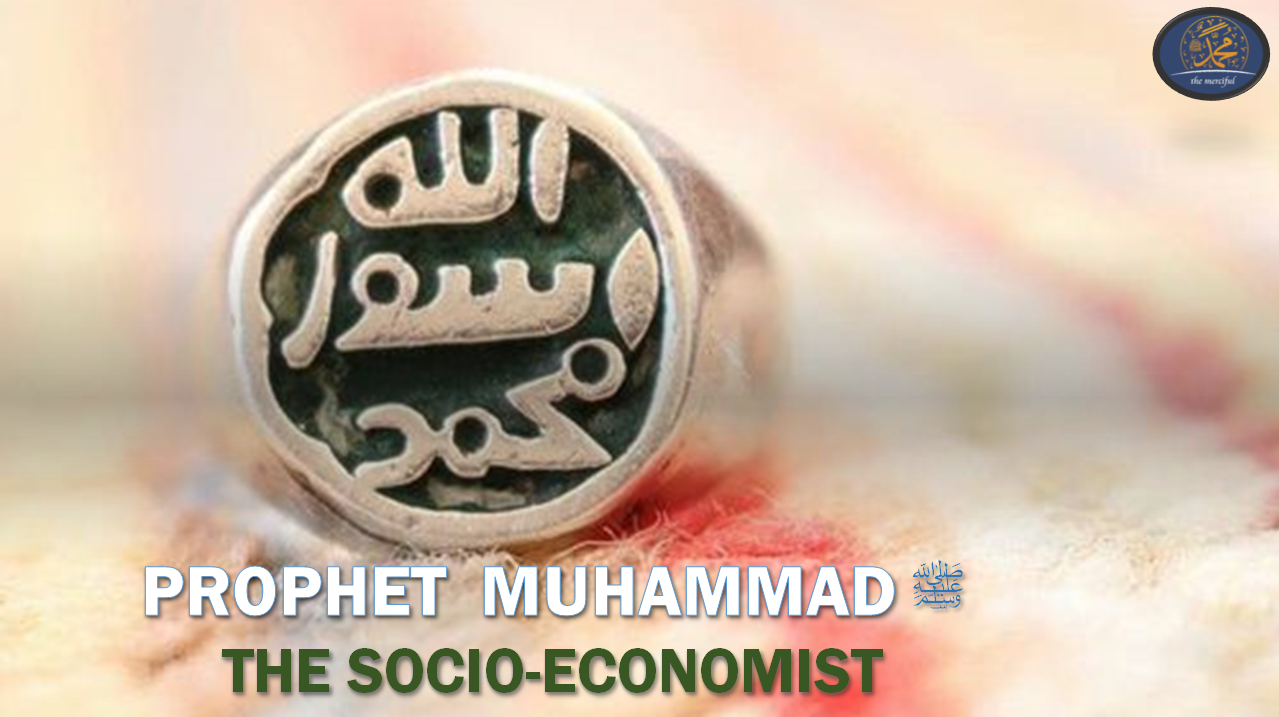ISLAM is the final and definitive addition of Divine Revelation, obviating the necessity of another Religion or Prophet, God has blessed it with an unending, inexhaustible and permanently enforcable system of punishments.
The philosophy of Islamic punishments is adopted to eliminate the conditions which affect the economic, social and political structure of the society. Through a complete and organized revolution, economic deadlocks and stalemets of the people are stamped out by restoring their creative capacities. Social disparities are eliminated through the provision of equal opportunities for progress and development.
Criticism of Orientalists
The orientalists normally criticise Islamic punishments on the basis of severity.Broadly speaking , two kinds of objections have been raised against these punishments.
(1) It is contended that these punishments are very severe, cruel , barbarous and inhuman.
(2) It is contended that those punishments were formulated and applied in conditions more or less primitive, keeping in view the geo-physical climate of the time. Therefore , their application to the advanced and civilized society of the twenty first century era is not fair.
The punishment of theft i.e. amputation of hands, and the punishment of adultery i.e. flogging or stoning to death have been criticized in extremely harsh accents. It is ironically and sarcastically stressed that the Muslims believe in cutting hands of a thief even for a paltry sum of five pennies. These objections are raised in complete ignorance of the system of Islamic punishments.
It should be noted that these objections of barbarity and inhumanity are raised primarily by scholars of those nations who practically justify the use of nuclear weapons for subjugating and monopolizing free and independent nations, killing millions of innocent men, women and children. They are obsessed with psychopathic craving for power by decimating millions of otherwise inculpable and peace loving citizens of other nations. Their actions in Africa, Vietnam, Hiroshima, Nagasaki etc. is a brazen proof of their inhumanity and barbarity.
The most important aspect of Islamic penal system is that it has maintained over the centuries on account of its most sensitive perception of man’s emotional and psychic needs, an ideal balance between criminal gravity and penal severity.
ANALYSIS OF PUNISHMENT FOR THEFTAs far as the crime of theft and punishment of amputation is concerned, it is justified by veracity of the criminal element. Theft is a crime that may damage the emotional and mental equilibrium of a person as well as induce in him a maximum feeling of insecurity. Besides , it causes multiplicity of other crimes which collectively shatter the security of its victim.
Islam has placed many checks and restraints to prevent the frequency of the application of punishments and to avoid the laws from being misused.
For example in case of theft:
(1) The amputation of hands is the maximum punishment that can be awarded, not the minimum punishment.Other alternatives in the form of discretionary punishment are also available.
(2) It is an established principle of Islamic law that the Hadd of amputation will not be awarded if the stolen property is less than Nisab(the fixed amount of 10 dirhams in times of Prophetic era which becomes a huge amount in terms of its prevalent value)
(3) The Hadd cannot be awarded if food is stolen to satisfy the pangs of hunger.
(4) The imposition of Hadd is avoided in the presence of slightest evidence which provides the benefit of doubt to the offender.
(5) The Hadd is also not awarded to the criminal if the act was committed under an extreme state of compulsion.
All these principles are clearly established through the Quran and illustrated through the Prophetic Sunnah and the practice of Orthodox Caliphs. The same applies to the imposition of Hadd of adultery and all other fixed punishments.
Order your copies of Book – Islamic Philosophy of Punishmentshttps://minhajpublicationsindia.com/product/islamic-philosophy-of-punishment/




